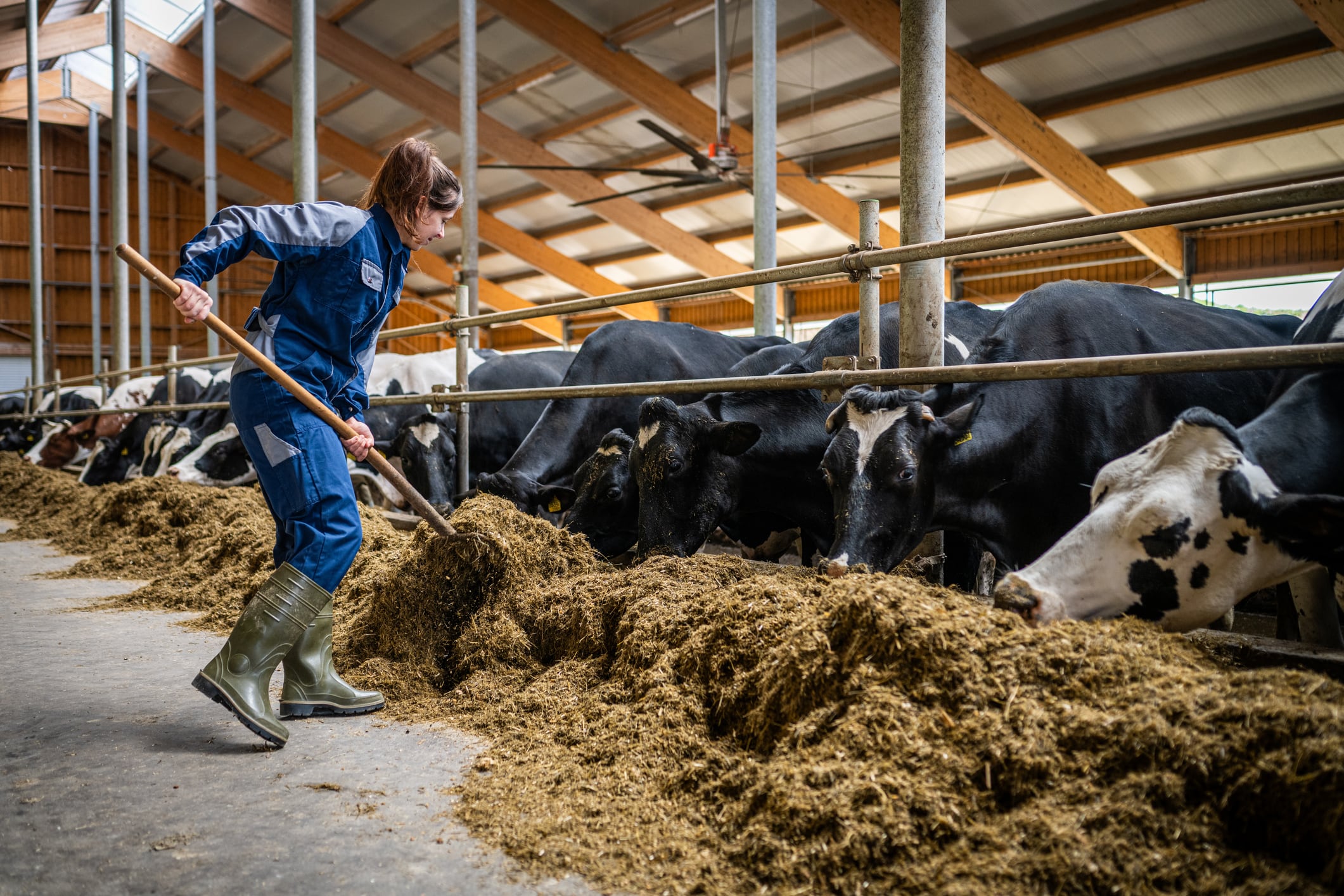US producers anticipate a stronger year all-round, with expectations around income, investment and farmland value all improving last month.
Farmer sentiment reached a four-year high in May 2025, according to the latest reading of the Purdue University/CME Group Ag Economy Barometer published in June.
The indices of current conditions and future expectations both rose by 5 and 12 points respectively and the farmland value index shot up 14 points month on month, reaching its highest reading since March 2024.
The farm capital investment index also remained elevated versus May over the last three years, despite slipping 6 points month on month.
Notably, producers were more optimistic about the long-term trade prospects for US agriculture, with 52% of respondents stating they expect exports to increase in the next 5 years, an improvement of 19% on April’s 33%.
At the same time, 12% of US producers said they believe exports will decline, down from 24% the previous month.
Shifting views on trade: but labor is another matter
The key to US farmers’ optimism is likely linked to how they perceive free trade today versus five years ago, in 2020.
To gauge the mood, respondents were asked if they agreed or disagreed that free trade benefits agriculture and most other American industries.
In fall 2020, 49% ‘strongly agreed’ with the statement on average; while in May 2025, just 28% did so.
The apparent change in mindset is also apparent from responses to questions about the impact of US tariff policies on farm income.
In March and April 2025, 57% and 56% of producers, respectively, responded that tariffs are likely to have a ‘negative’ or ‘very negative’ effect on their farm’s income.
But by May, only 43% of respondents said they expected a negative impact, while those indicating ‘no impact’ rose to 30%, up from 19% in March and 22% in April.
Producers were less positive about the Trump administration’s immigration policies and their likely impact on farm labor.
One in four respondents who hire non-family members to work on their farms said they expected ‘a lot of difficulty’ or ‘some difficulty’ in hiring adequate labor – and since the survey does not specifically target crop farmers – who have been more heavily impacted by immigration raids in the past few weeks – the results suggest that labor availability could be worrying livestock producers, too.


